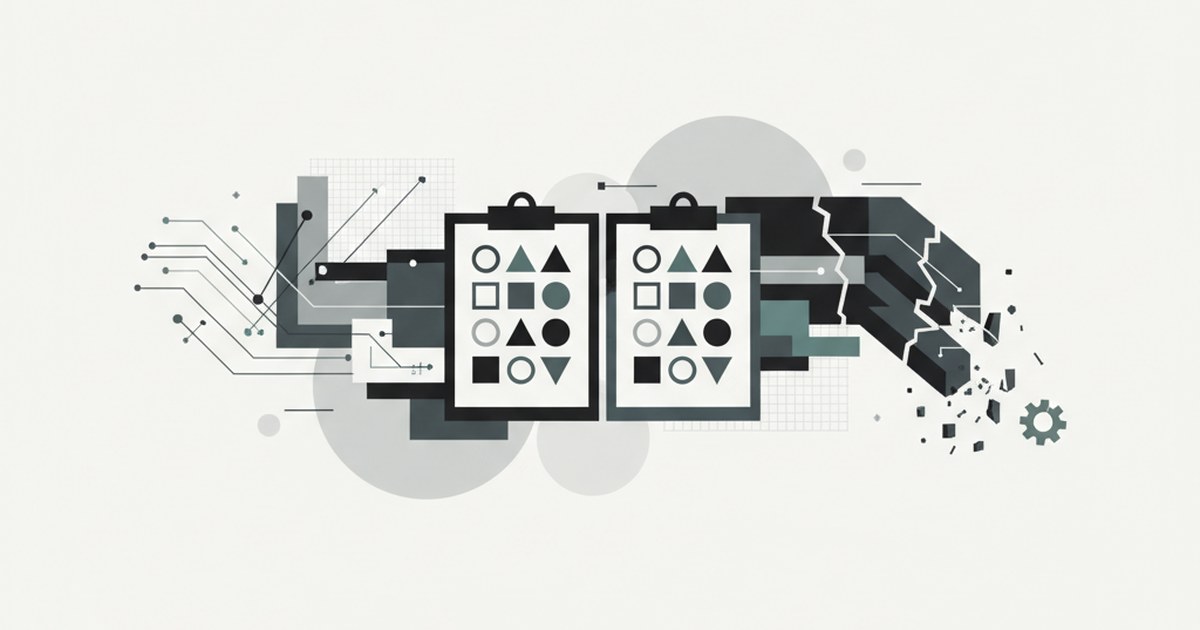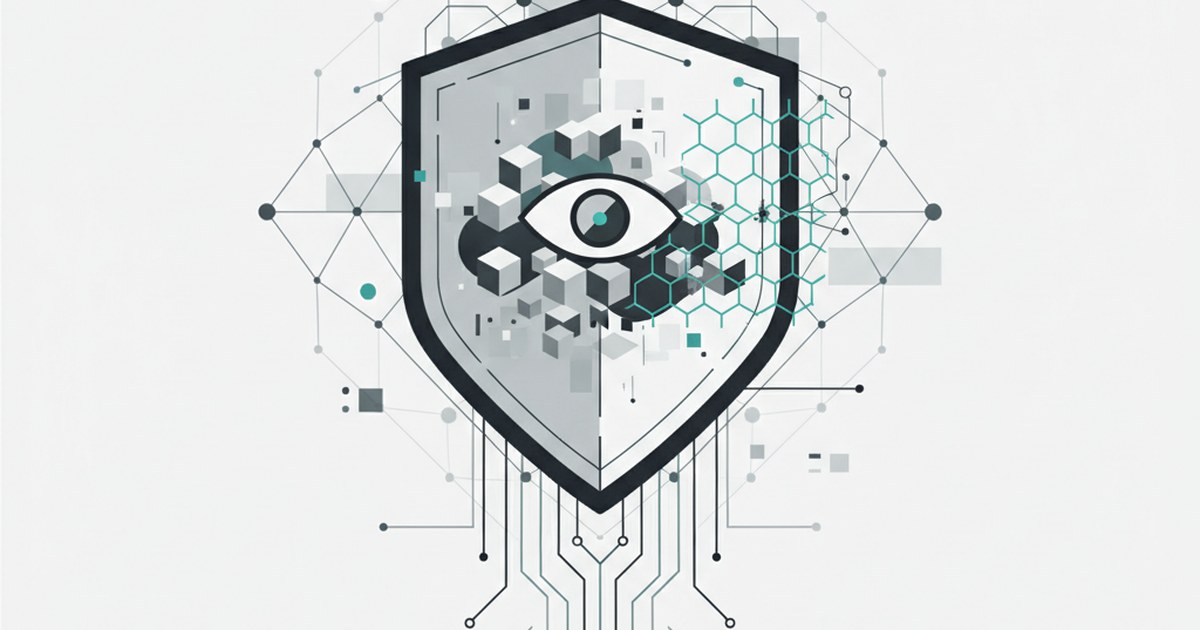Key Concepts
| Term | Definition |
|---|---|
| Procurement data | Vendor bids, RFQ documents, pricing submissions, contract terms, and supplier communication exchanged during sourcing events |
| Data privacy | The right of individuals and organizations to control how their sensitive information is collected, stored, and used |
| Data sovereignty | The principle that data is subject to the laws of the country where it is stored or processed |
| AI training data | Data used to improve or fine-tune a machine learning model — a risk if vendor inputs your confidential data into a shared model |
| Vendor lock-in | Dependency on a single AI provider’s infrastructure, limiting your ability to migrate or audit your data |
| PII (Personally Identifiable Information) | Information that can identify an individual — relevant in procurement for supplier contacts and employee approval workflows |
| SOC 2 Type II | An independent audit standard that verifies a vendor’s security controls protect customer data over time |
Why Procurement Data Is Among the Most Sensitive Business Data You Own
Procurement data is not administrative paperwork. It contains the financial and strategic core of your organization:
- Pricing intelligence: Vendor quotes reveal what suppliers charge for materials, labor, and services — competitively sensitive on both sides
- Scope and specifications: RFQ documents detail your engineering requirements, production volumes, and project timelines
- Supplier relationships: Who you source from, at what terms, and under what conditions is proprietary operational intelligence
- Budget exposure: PO values and award decisions expose internal cost structures
- Negotiation posture: Bid tabulations and comparison analyses reveal your evaluation criteria and priorities
Key Takeaway: A breach of procurement data does not just expose financial figures — it exposes your sourcing strategy, supplier network, and competitive positioning to adversaries.
Data Privacy Risks Introduced by AI-Powered Procurement Tools
Risk 1: Model Training on Your Data
Many AI tools improve their models using customer data unless explicitly configured otherwise. If a vendor uses your RFQ submissions to train a shared model, your pricing data could influence outputs served to competitors.
Questions to ask your vendor:
- Is customer data used to train or fine-tune shared models?
- Can you opt out of data being used for model improvement?
- Is your data isolated in a dedicated tenant or shared infrastructure?
Risk 2: Data Residency and Cross-Border Transfer
AI providers often process data in cloud infrastructure distributed across multiple regions. Depending on your industry and jurisdiction, this may violate data residency requirements.
Relevant regulations by region:
| Region | Regulation | Procurement Relevance |
|---|---|---|
| European Union | GDPR | Governs processing of EU supplier contact data; restricts cross-border transfers |
| United States (Federal) | FedRAMP | Required for government contractors using cloud services |
| United States (Defense) | CMMC / DFARS | Governs CUI (Controlled Unclassified Information) in defense supply chains |
| United Kingdom | UK GDPR | Post-Brexit equivalent of EU GDPR; applies to UK supplier data |
| Australia | Privacy Act 1988 | Governs handling of personal information including supplier contacts |
Risk 3: Third-Party Data Exposure via Integrations
AI procurement platforms integrate with ERP systems, email, and supplier portals. Each integration is a potential exposure point if not properly scoped and permissioned.
Common integration risks:
- Over-permissioned API access that exposes more data than necessary
- Insufficient audit logging on what data the AI accessed
- Third-party sub-processors without equivalent data protection commitments
Risk 4: Prompt Injection and Data Leakage in LLM-Powered Tools
If your procurement platform uses a large language model (LLM), malicious content in vendor submissions (e.g., in a PDF or email body) could be crafted to extract other data from the model’s context window — a technique called prompt injection.
Key Takeaway: The four primary AI procurement data risks are model training exposure, data residency violations, integration over-permission, and prompt injection. Each requires specific contractual and technical controls.
How to Evaluate AI Procurement Vendors on Data Privacy
Use this checklist when assessing any AI-powered procurement tool:
Security and Infrastructure
| Criterion | What to Look For |
|---|---|
| Data isolation | Dedicated tenant vs. shared infrastructure — dedicated is safer |
| Encryption | Data encrypted at rest (AES-256) and in transit (TLS 1.2+) |
| Access controls | Role-based access, MFA enforcement, SSO support |
| Audit logs | Immutable logs of who accessed what data and when |
| Penetration testing | Annual third-party pen tests with published results |
| Certifications | SOC 2 Type II, ISO 27001, FedRAMP (if applicable) |
Data Governance
| Criterion | What to Look For |
|---|---|
| Training data policy | Explicit opt-out or no-training guarantee in contract |
| Data residency options | Ability to specify storage region (e.g., US-only, EU-only) |
| Data retention | Defined retention limits; right to deletion upon contract termination |
| Sub-processor disclosure | Full list of third-party processors with their security posture |
| DPA (Data Processing Agreement) | Signed DPA that meets GDPR/CCPA requirements |
Contractual Protections
- Right to audit: Can you audit the vendor’s data handling practices?
- Breach notification: What is their commitment to notify you and within what timeframe (ideally 72 hours)?
- Data portability: Can you export all your data in a standard format?
- Termination rights: Can you terminate for cause if a security incident occurs?
Key Takeaway: Evaluate AI procurement vendors on three dimensions — security infrastructure, data governance policies, and contractual protections. All three must be addressed in writing before onboarding.
Data Privacy Best Practices for Procurement Teams
Follow these practices regardless of which tools you use:
-
Classify your procurement data before you share it
- Label data as public, internal, confidential, or restricted
- Apply stricter controls to bid pricing, award decisions, and contract terms
-
Limit what you upload to AI tools
- Do not upload full contracts when only line items are needed
- Strip PII from supplier contact data before processing in AI systems when possible
-
Use dedicated procurement accounts for AI tools
- Avoid using personal email or shared credentials for AI platform access
- Ensure every user has an individual, auditable account
-
Review and restrict integration permissions
- Audit OAuth scopes granted to AI tools connecting to your ERP or email
- Use read-only API keys where write access is not required
-
Train procurement staff on data handling
- Establish clear guidelines on what data can be entered into AI chat interfaces
- Require annual privacy training for anyone who handles vendor bids
-
Establish a vendor data incident response plan
- Know who to call if your AI vendor has a breach
- Pre-assign internal roles for incident containment and stakeholder communication
-
Conduct annual vendor risk reviews
- Re-evaluate AI vendor security posture each year
- Review updated sub-processor lists and ask for current SOC 2 reports
Compliance Frameworks That Apply to Procurement Data
| Framework | Scope | Key Procurement Requirement |
|---|---|---|
| GDPR (EU) | Any org processing EU personal data | Lawful basis for processing supplier PII; DPA with vendors |
| CCPA (California) | Orgs doing business in California | Disclosure of data sold/shared; right to opt out |
| CMMC (US Defense) | Defense supply chain contractors | Protect CUI in procurement documents; access controls |
| ISO 27001 | Voluntary international standard | Information security management system (ISMS) across procurement data |
| NIST CSF | US federal and private sector guidance | Identify, protect, detect, respond, recover framework for data |
| SOX (US Public Companies) | Publicly traded companies | Procurement records must support financial audit integrity |
Frequently Asked Questions
Q: Does using an AI procurement platform mean our vendor bids become less confidential?
A: Not necessarily — but only if you select a vendor with explicit data isolation and no-training policies. Bids shared with a platform that uses customer data for model improvement could expose pricing to competitors using the same platform. Always require a written commitment that your data is not used for training shared models.
Q: What is the most important contract clause to negotiate with an AI procurement vendor?
A: The data processing agreement (DPA) — specifically the clause governing whether your data is used to train AI models. The second most critical clause is breach notification timing and your right to audit their data handling practices.
Q: How does data sovereignty affect our ability to use cloud-based procurement AI?
A: Data sovereignty laws (e.g., GDPR) restrict where data about EU individuals can be stored and processed. If your AI vendor processes data in US-based servers and your supplier contacts are EU residents, you may need Standard Contractual Clauses (SCCs) or to select an EU data residency option to remain compliant.
Q: What is prompt injection and how does it threaten procurement data?
A: Prompt injection is when a malicious actor embeds instructions in content (like a vendor PDF) that cause an AI model to perform unintended actions — such as revealing data from other documents in its context. Procurement teams using AI to parse vendor submissions should ensure their vendor has prompt injection defenses in place and that vendor submissions are sandboxed from sensitive internal data.
Q: Should procurement teams avoid AI entirely due to data privacy risks?
A: No — the risks are manageable with the right vendor selection, contractual controls, and internal data governance practices. The risk of not using AI (manual errors, slower cycle times, missed deviations) often exceeds the data privacy risk when proper safeguards are in place. The key is informed adoption, not avoidance.

